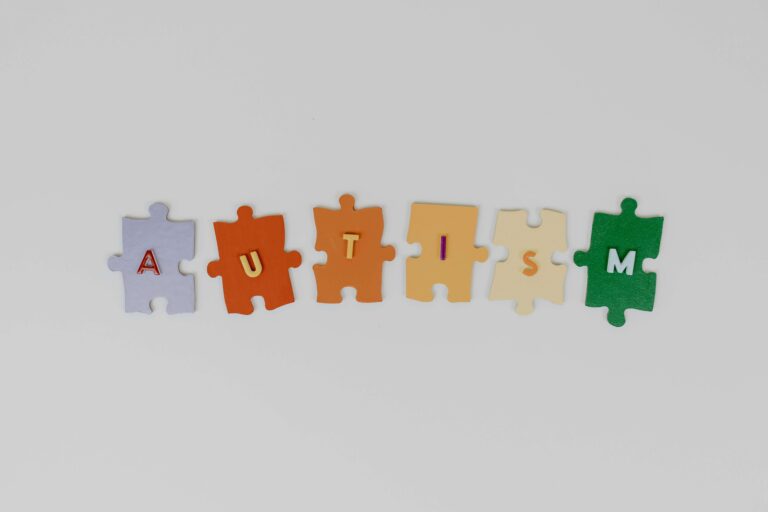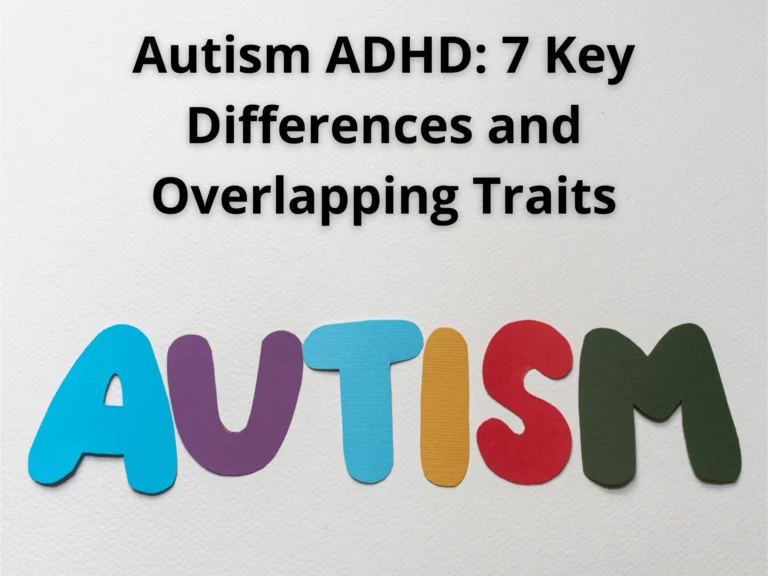With 9 years of experience in the kitchen, I’m passionate about crafting delicious recipes and sharing them with food lovers worldwide. 🍽️✨ Whether it’s a comforting homemade dish or a creative cocktail, my goal is to make cooking fun, easy, and enjoyable for everyone. Join me on this flavorful journey! 🍹🥗
Hi, I’m Amanda!

With 9 years of experience as a caregiver and advocate, I’m passionate about supporting families and sharing helpful resources for children with autism. 💙🧩 Whether it’s sensory play ideas, communication tips, or stories from our journey, my goal is to make this space supportive, informative, and full of heart. You’re not alone on this path—let’s navigate it together! 💛🌈

Explore Autism Topics
Posts of the Week

Autism Creature: 5 Powerful Reasons It Resonates

Autism Occupational Therapy Treatment: 5 Life-Changing Benefits

Pedia for Autism: Essential Resources & Support Strategies [2025 Guide]

Autism Spectrum Awareness: 10 Key Facts to Foster Inclusion

Autism Hitting Head: 5 Safe Strategies to Reduce Harm Now

Autism and Artificial Intelligence: 5 Revolutionary Support Breakthroughs

Autism ADHD: 7 Key Differences and Overlapping Traits

autism ASD: 10 Essential Support Strategies & Hope-Filled Insights





